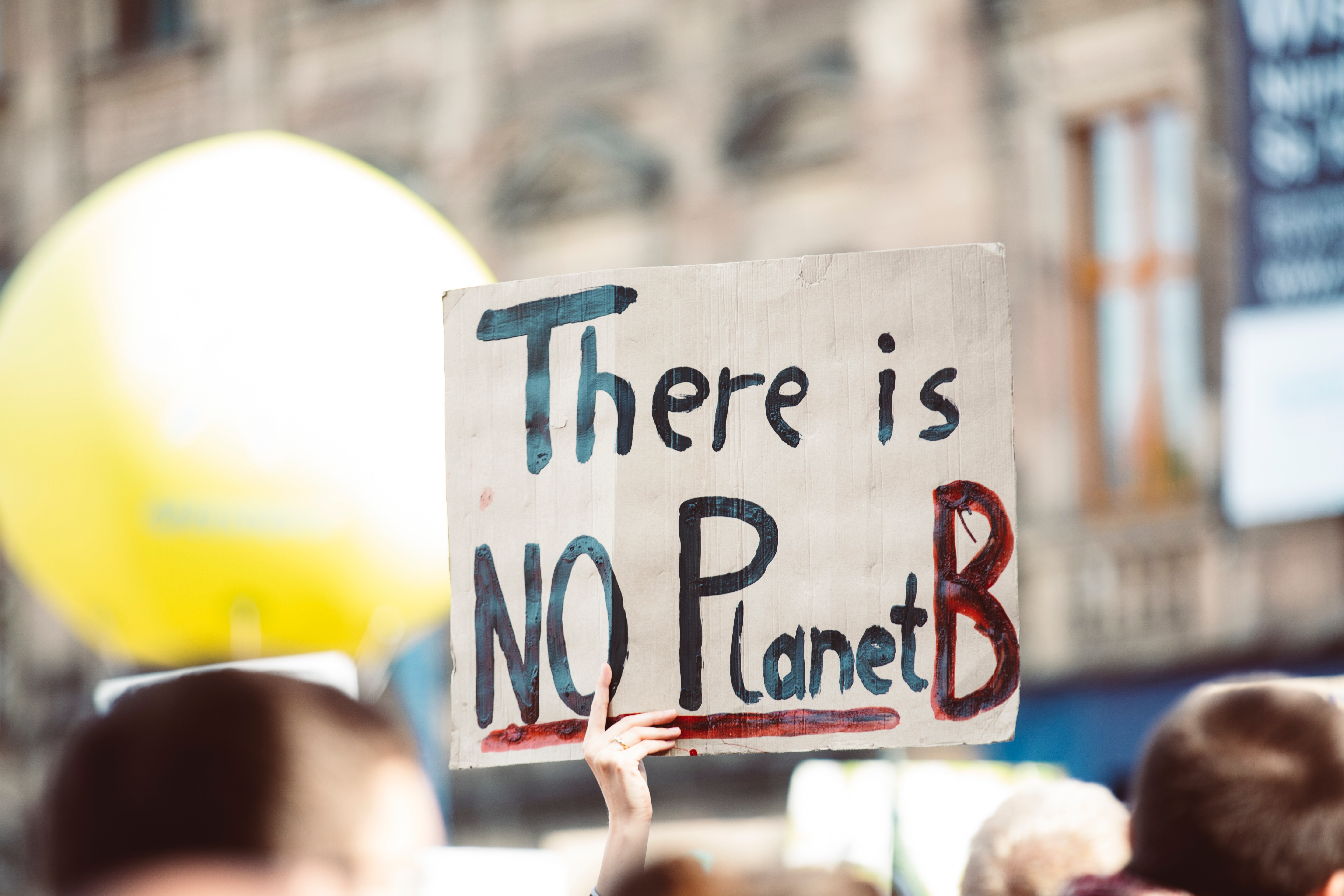SHARES

“We deserve a safe future. And we demand a safe future. Is that really too much to ask?”
Greta Thunberg
Climate change is the defining issue of our time and we are now at a turning point. From ever-changing weather patterns to rising sea levels – the impacts of climate change are unprecedented.
The Climate Crisis
In the last 130 years, the world has warmed by approximately 0.85 c. A recent report found that the 5 year period between 2015-2019 was the warmest on record. It’s not just the earth that stands to suffer as climate change intensifies – the climate crisis is also a public health crisis.
Experts say climate change can damage the health of an entire generation unless there are immediate cuts on fossil fuel emissions. The Lancet Countdown in it’s annual report on the impact of climate change on human health found that children all over the world were already experiencing the harmful effects of air pollution and extreme weather events.
Additionally, it states, far worse is to come for the future generation. Air-borne diseases, malnutrition due to mass crop failures and even mental and physical trauma increased flash flooding and wildfires
Infections
The report also found that mosquito-borne diseases such as dengue and malaria were also on the march, putting half of the world’s current population at risk. This is because the increase in temperature, rainfall and humidity creates an ideal habitat for these disease-carrying mosquitoes.
Air Pollution
People in cities are already suffering premature disease and death from air pollution – coal plants alone contributed a likely one million premature deaths worldwide in 2016. Globally, air pollution kills over 7 million people yearly ! That’s a staggering number!Air pollution is also linked to a myriad of diseases like heart disease, stroke, cancer and respiratory illnesses.
Who Is At Risk ?
In the last 30 years, the global yield potential of staple crops such as maize, winter wheat and rice, have all declined, putting infants and small children at heightened risk of malnutrition.
Infant malnutrition impacts every stage of a child’s life, stunting growth, weakening the immune system and throwing up long-term developmental problems.
More children will also be liable in infectious disease outbreaks.
In just three decades, globally, prime infectiousness for the Vibrio bacteria in terms of the number of days, has risen two-fold. It causes much of child diarrhoeal disease worldwide, thus the exponential increase in risks. Both in the likelihood of children contracting diseases such as cholera in at-risk regions as well as extending their spread.
Conclusion
In conclusion, I believe it’s high time we all take climate change a much more seriously.
For officials to see that climate change truly is a public health issue and for the rest of us to do what we can and all we can to save our planet. After all, there is no Planet B.
by Yashwini Ravindranath
Born & raised in Malaysia, Yashwini earned her M.D. studying in Moscow's Russian National Research Medical University. With an affiliation towards research, all things coffee and the startup ecosystem, she now contributes articles to GetDocSays View all articles by Yashwini Ravindranath.




